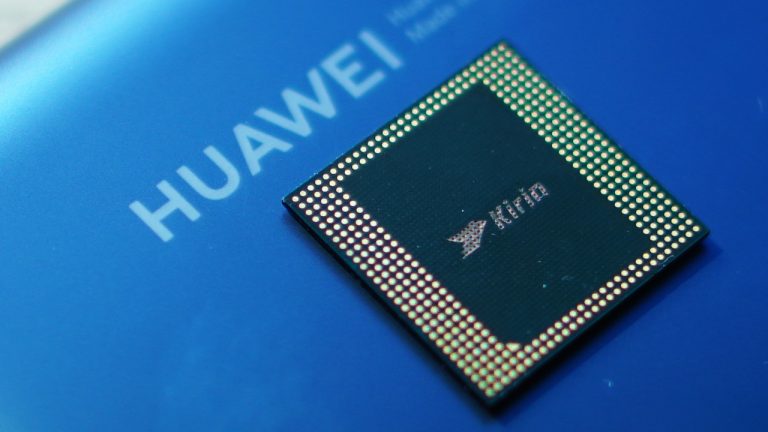Report: Huawei’s Kirin Chip May Have Been Accelerated by Bitcoin Mining Orders
Publikováno: 6.9.2023
 A recent report by The Miner Mag suggests bitcoin mining orders might have sped up Huawei’s development of its new Kirin smartphone chip. The chip, which powers Huawei’s new Mate 60 Pro smartphone, was produced by China’s Semiconductor Manufacturing International Corp. (SMIC) using its N+2 7nm process. Research Suggests Bitcoin Mining Boosted Huawei’s Chip Development, […]
A recent report by The Miner Mag suggests bitcoin mining orders might have sped up Huawei’s development of its new Kirin smartphone chip. The chip, which powers Huawei’s new Mate 60 Pro smartphone, was produced by China’s Semiconductor Manufacturing International Corp. (SMIC) using its N+2 7nm process. Research Suggests Bitcoin Mining Boosted Huawei’s Chip Development, […]

A recent report by The Miner Mag suggests bitcoin mining orders might have sped up Huawei’s development of its new Kirin smartphone chip. The chip, which powers Huawei’s new Mate 60 Pro smartphone, was produced by China’s Semiconductor Manufacturing International Corp. (SMIC) using its N+2 7nm process.
Research Suggests Bitcoin Mining Boosted Huawei’s Chip Development, Reducing China’s Dependence on Western Tech
The Miner Mag reported that bitcoin mining companies were among the first to buy SMIC’s N+1 process, ordering wafers and providing the volume that helped SMIC improve its 7nm production. The Miner Mag is a blog and data publication by Blocksbridge Consulting focusing on the bitcoin mining industry.
Guess who was among the first batch of companies that did tape-out and production on SMIC's N+1 7-nm chips that later proved to power Huawei's comeback?#bitcoinhttps://t.co/XXbBMWxdvwpic.twitter.com/MHxvcaDaXn
— TheMinerMag (@TheMinerMag_) September 4, 2023
The study notes that Huawei has faced challenges accessing advanced chip production since it was added to a U.S. trade blacklist in 2019. After its previous supplier, Taiwan Semiconductor Manufacturing Co. (TSMC), was cut off, Huawei turned to SMIC to produce its new Kirin chip. However, SMIC initially couldn’t produce advanced 7nm chips.
The report says companies like bitcoin miner maker Canaan started creating chip designs on SMIC’s first-generation 7nm N+1 process in late 2020. Canaan’s volume orders reportedly helped SMIC’s yield rate for the N+1 chips exceed 90%. Other bitcoin miner manufacturers, including Innosilicon and Miner-VA, also used SMIC’s N+1 process, the researcher said.
The study indicates the growing orders from bitcoin miners helped SMIC refine its 7nm production capabilities. This might have sped up Huawei’s development of its new Kirin chip using SMIC’s enhanced N+2 process. While it’s hard to measure bitcoin mining’s exact impact, Miner Mag’s findings emphasize that miners were early buyers and consistent customers for SMIC’s emerging 7nm production.
Their orders were essential in helping address problems and improve yields. The report concludes that this hands-on experience likely aided China’s SMIC in producing Huawei’s advanced new smartphone processor. The report points out that SMIC’s 7nm advancements have significant implications for decreasing China’s dependence on Western chip technologies.
What do you think about the report that suggests Huawei’s development of its new Kirin smartphone chip may have been sped up by bitcoin mining? Share your thoughts and opinions about this subject in the comments section below.